The “devastating” and increasing disappearance of honeybee populations throughout the United States is alarming specialists.
A comprehensive national survey conducted among beekeepers has highlighted devastating declines in honeybee colonies throughout the U.S., with commercial entities noting an average depletion rate of 62% from June 2024 through February 2025.
according to
The coalition for honey bee health.
These concerning declines, exceeding past patterns, might have substantial effects on American farming, notably the pollination of crops such as almonds, fruits, vegetables, and various critical food supplies.
The Coalition
stated in the 2025 press release.
“Last month, early reports of significant hive losses started flooding in from beekeepers all over the nation,” stated Danielle Downey, who serves as the executive director.
Project Apis m,
in February 2025. In reaction, a collaborative team from multiple organizations—including
Project Apis m
., the
American Beekeeping Federation,
and the
American Honey Producers Association
—swiftly organized to initiate this survey. The aim was to evaluate the extent and intensity of the damages, collect essential managerial information, and assist in steering investigative work to identify possible reasons.”
According to the
Mid-Atlantic Beekeeping Research and Extension Collaboration
A typical honey bee colony usually comprises three types of adult bees: workers, drones, and a queen. Thousands of worker bees work together on constructing nests, gathering food, and raising larvae. Every individual has a specific role based on their stage of maturity as an adult. However, ensuring survival and reproduction requires the collective effort of the whole colony.
Beekeepers are speaking out to local news outlets.
“The worry for beekeepers is that this is shaping up to be one of the most significant nationwide losses we’ve experienced historically,” stated Dan Conlon, who manages an apiary in South Deerfield, Massachusetts, along with his spouse.
to
The Greenfield Recorder.
“What sets this apart is that many individuals who typically thrived during these times are also struggling significantly,” he stated in the article dated May 2, 2025.
The damages are significant, according to the study.
“Early survey findings indicate that commercial beekeepers might have experienced losses exceeding 60% of their colonies,” stated Zac Browning, a fourth-generation commercial beekeeper and board chairman.
Project Apis m,
In the announcement, “Honey bees form the bedrock of our agricultural framework, facilitating the pollination of crops that nourish our country. Should such high loss rates persist, we will struggle to maintain present levels of food production. It becomes imperative for the sector to seek both internal and external strategies to address the ongoing decline in honeybee health.”
As stated on the website, the survey collected information from 702 beekeepers regarding colony losses, their management techniques, and possible influencing elements. These participants reportedly manage more than 1.835 million colonies, which represents roughly 68% of the country’s total bee population.

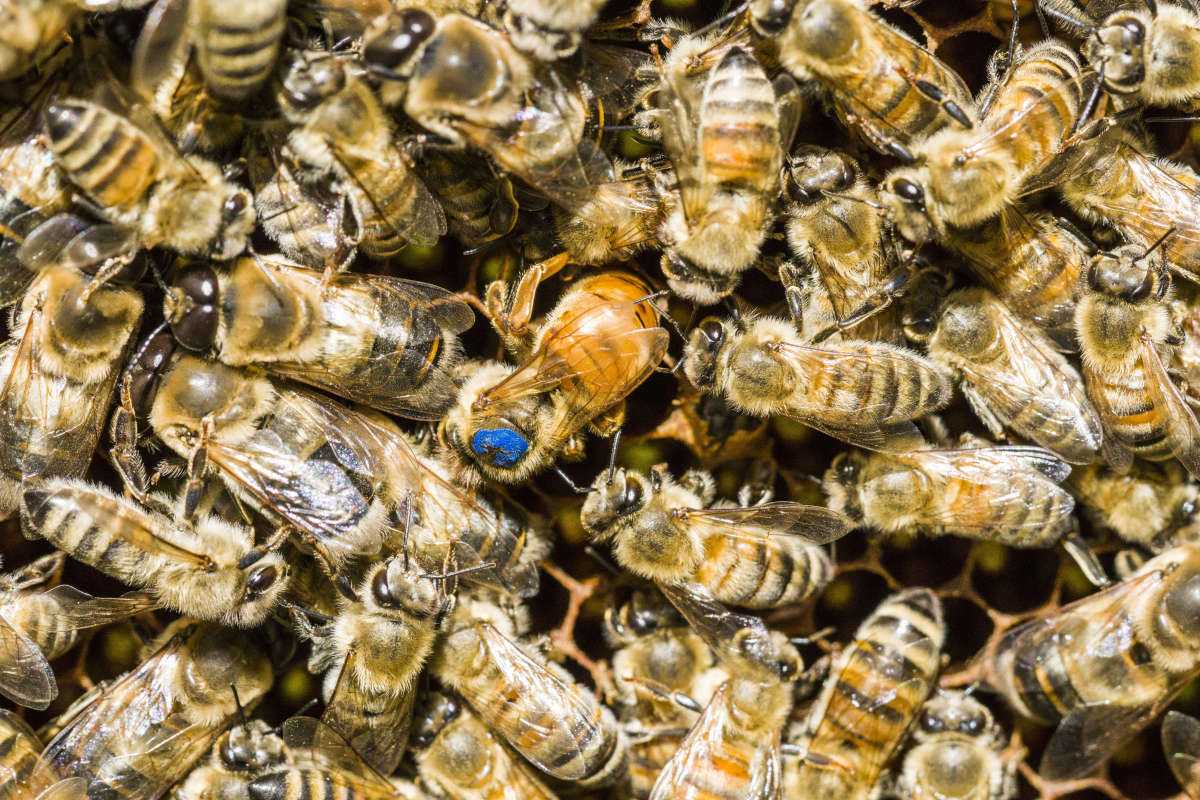
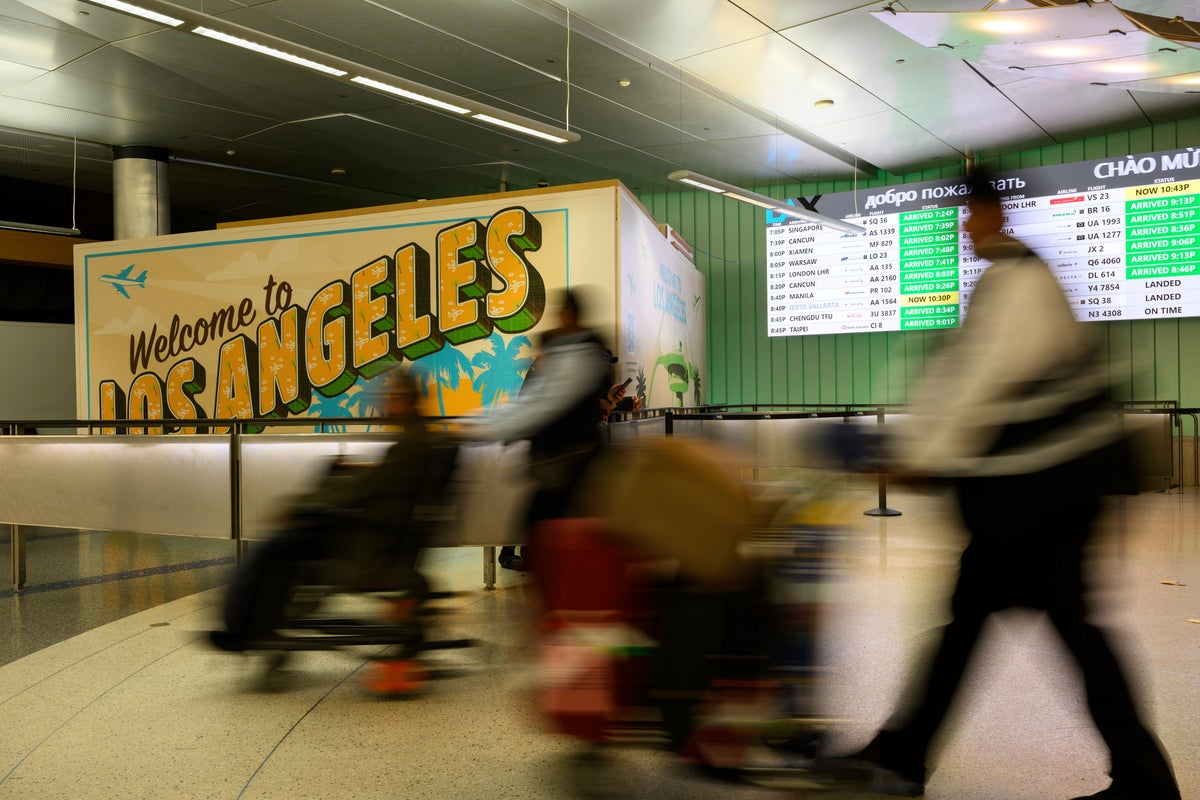

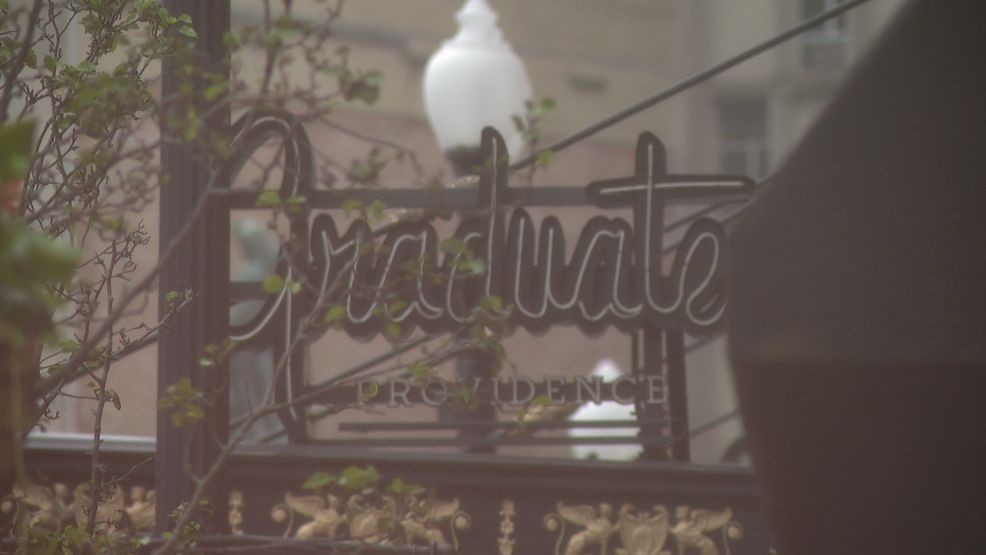



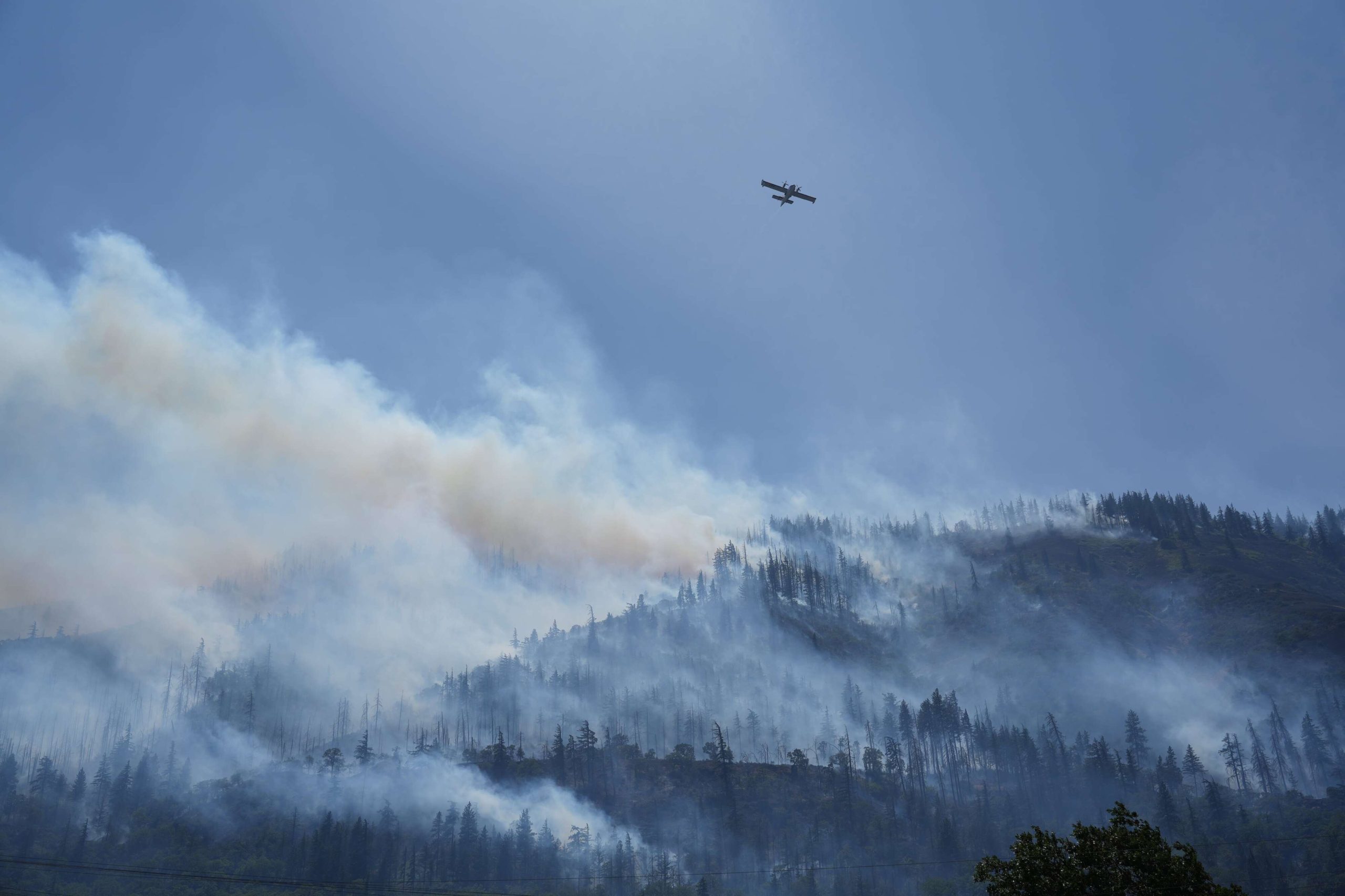

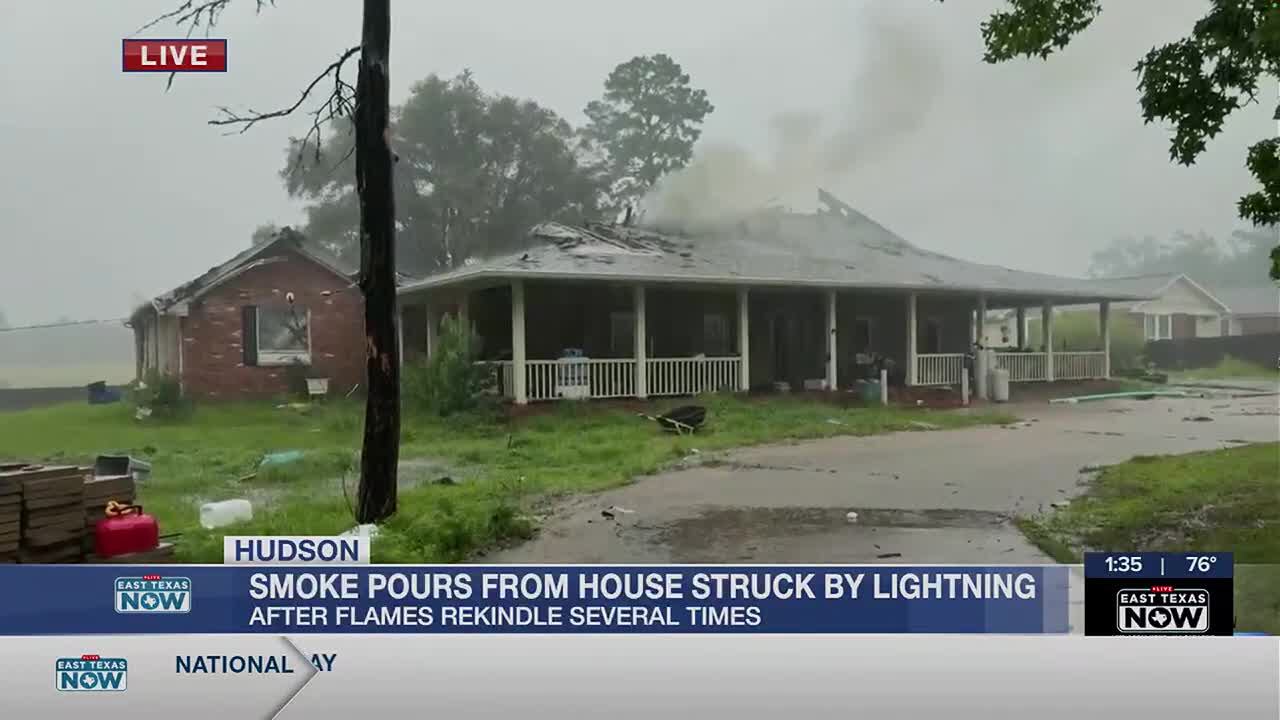


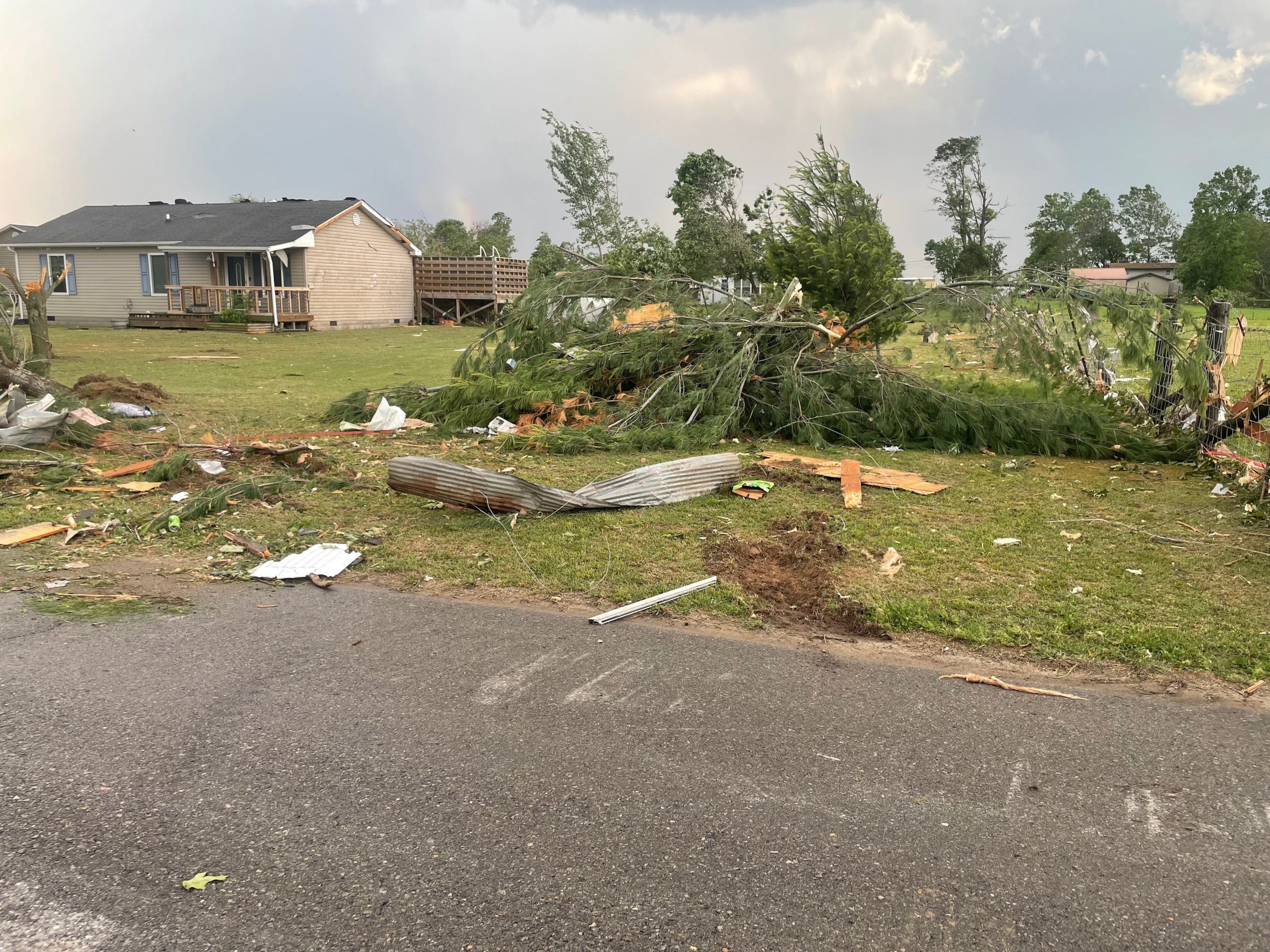




Leave a Reply